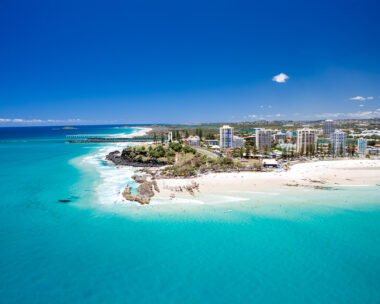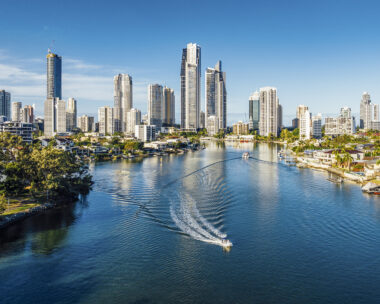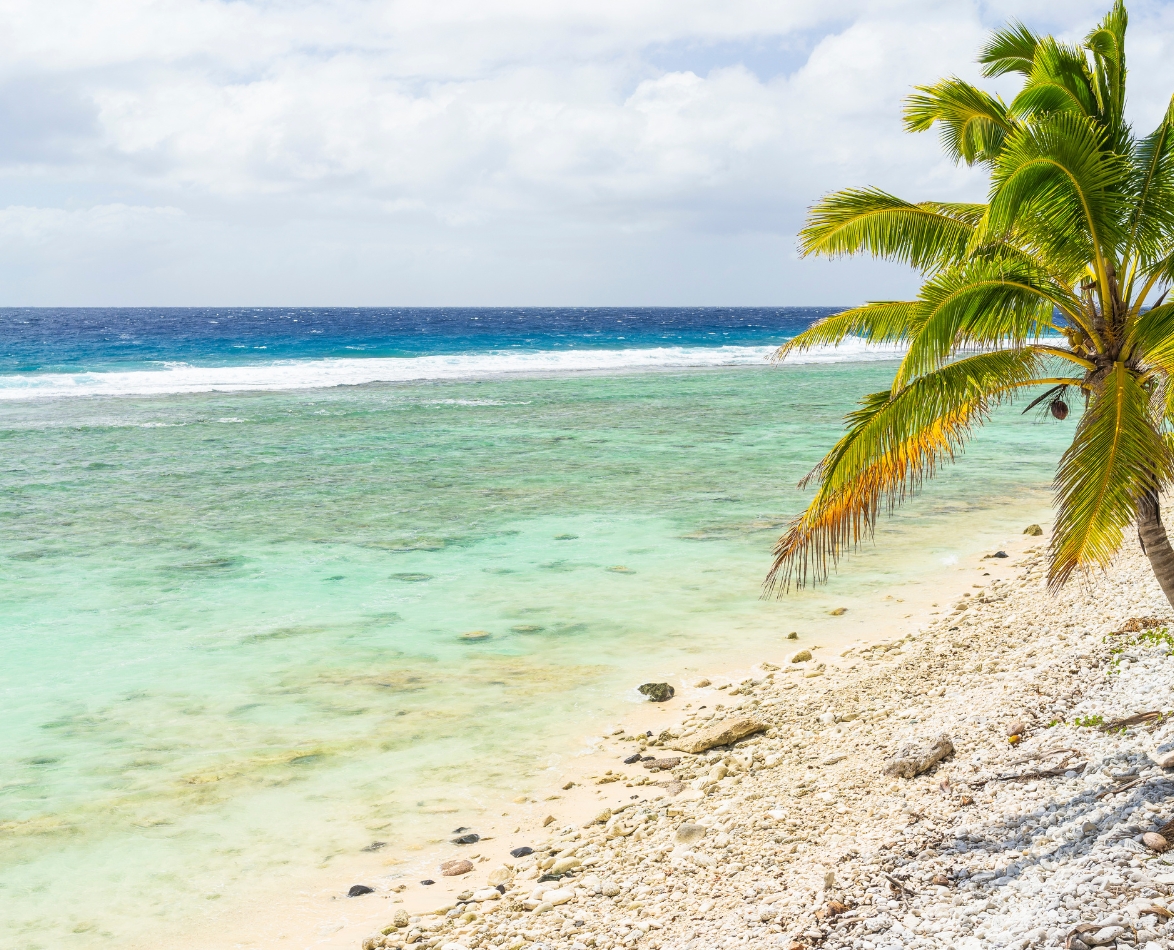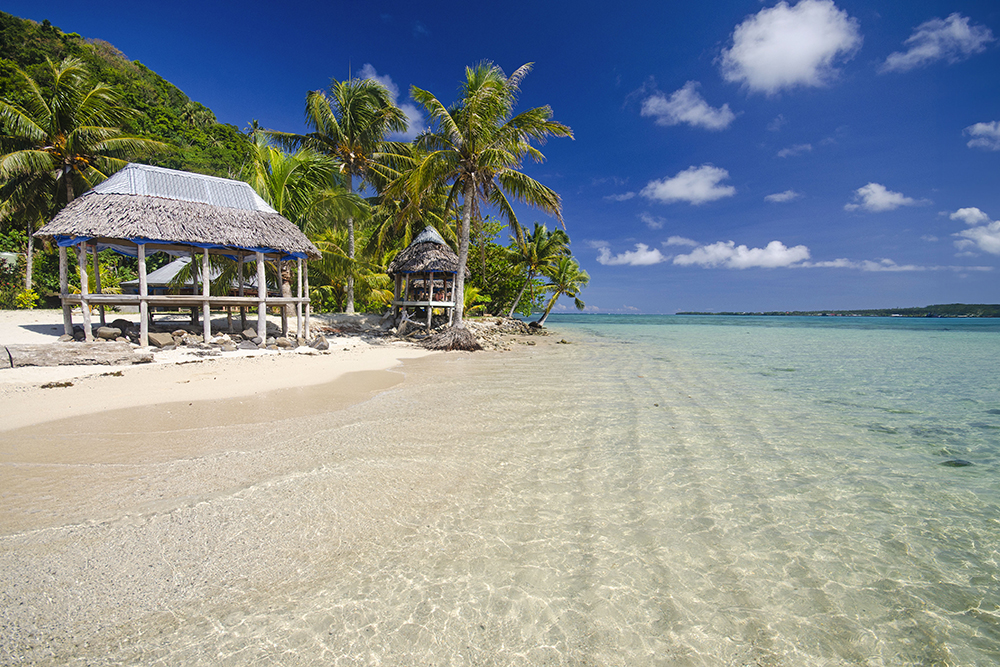The day we fly south, New Zealand’s second biggest city – like the rest of the country – seems to have missed the memo about it being summer. But skies the colour of dirty wool can’t put us off and we’re soon zipping around the Garden City and trying to count the number of cranes that darken the skyline.
Sam Crofskey, owner of C1 Espresso, was one of the business owners displaced by the 2011 quakes that struck the heart of Canterbury, flattening the CBD’s high-rises and much of its inner-urban infrastructure.
“We were across the road for 17 years until our premises were totally ruined,” he says. “But we dusted ourselves off and started again.”
Sadly, we’re too early for C1’s legendary burgers, delivered to the table via a complicated series of plastic tubes that wrap around the building and look as though they were designed by someone overly familiar with Futurama.

Instead, we devour corn and coriander fritters with fresh salmon, washed down with a range of teas grown by a family in Samoa who Crofskey has worked with for a few years (the apple and pomegranate oolong tea is like summer in a cup). Quirky features such as the secret door to the loos make this a fun place to visit.
But you can’t come to this city and not pay your respects to those affected by the quakes. The deeply moving 185 Chairs on the corner of Cashel and Madras Streets is an open-air memorial containing white chairs that commemorate each victim of the quake. Across the road is the Cardboard Cathedral, which was built to temporarily replace its ruined stone predecessor.
The structure is a spectacular creation of industrial cardboard, corrugated plastic and stained glass incorporating design from the Japanese community who lost many in the nearby language school, and is well worth a visit.

By now, the sun has come out so we wander through Hagley Park, the third largest inner-city park in the world (behind New York’s Central Park and Hyde Park in London). The park was established in the 1850s by the city’s founders who set aside the 161ha of land for public use, then planted the area with trees. Today, it’s filled with flowers, joggers, walkers, prams and people like us, playing hooky on a long weekend.
Those not in Hagley Park seem to be in Re:Start Mall, the pop-up shopping centre constructed from shipping containers. There are clothing boutiques and homeware stores filled with things I really want but know I can’t fit in my suitcase.
Fortunately, I saved room because dinner is aboard the Tramway Restaurant, a vintage tram-turned-diner that trundles around the city. It’s a great way to see the sights while eating a delicious three-course meal. As our seat companions, Bob and Linda from Texas, said, it sure beats the cheese sandwiches and cold coffee you normally get served on trains!

Earlier that day, our new Texan friends had visited, and loved, Orana Wildlife Park. So the next day, we drive 15 minutes from the city to check out the 80ha park where humans can eyeball animals at close range.
The drive through the lion habitat gets us closer to these beasts than I’d ever thought possible – especially when a young lion decides to sprawl across the top of our truck! It’s thrilling and my husband has to remind me to breathe.
Hours later, as we head to the airport, I’m still in awe about meeting one of the most magnificent animals on the planet in New Zealand.
For more from New Zealand Woman’s Weekly, visit our Facebook page, and follow us on Instagram.




